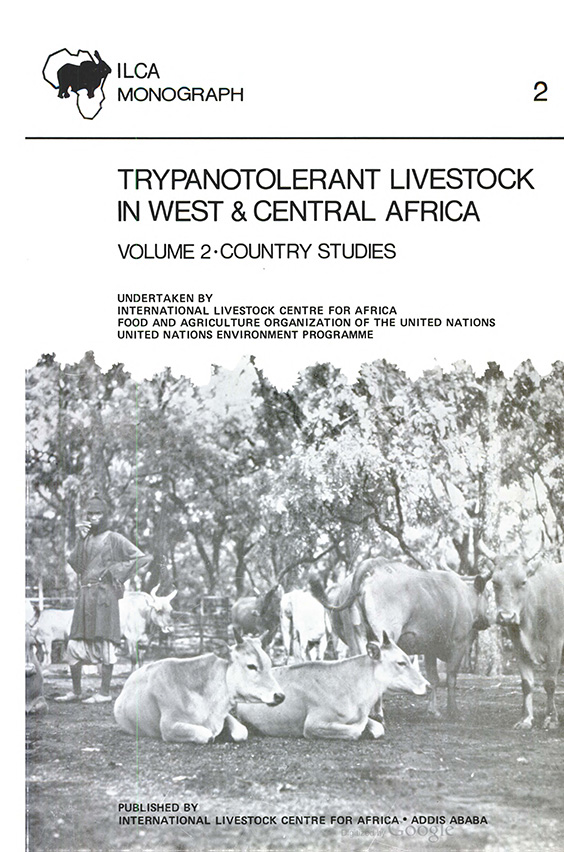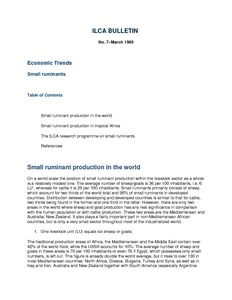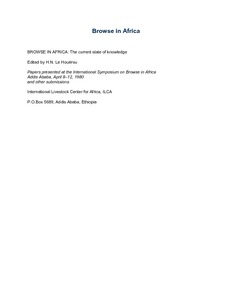Location
Vision, mission and strategy
ILRI's strategy 2013-2022 was approved in December 2012. It emerged from a wide processof consultation and engagement.
ILRI envisions... a world where all people have access to enough food and livelihood options to fulfil their potential.
ILRI’s mission is... to improve food and nutritional security and to reduce poverty in developing countries through research for efficient, safe and sustainable use of livestock—ensuring better lives through livestock.
ILRI’s three strategic objectives are:
- with partners, to develop, test, adapt and promote science-based practices that—being sustainable and scalable—achieve better lives through livestock.
- with partners,to provide compelling scientific evidence in ways that persuade decision-makers—from farms to boardrooms and parliaments—that smarter policies and bigger livestock investments can deliver significant socio-economic, health and environmental dividends to both poor nations and households.
- with partners,to increase capacity among ILRI’s key stakeholders to make better use of livestock science and investments for better lives through livestock.
This is ILRI’s second ten-year strategy. It incorporates a number of changes, many based on learning from the previous strategy (2000–2010, initially produced in 2000 and modified in 2002), an interim strategy (2011–2012) and an assessment of the external and internal environments in which the institute operates.
Members:
Resources
Displaying 1136 - 1140 of 1152Trypanotolerant livestock in West and Central Africa. Volume 2. Country studies
Information on trypanotolerant livestock in Senegal, the Gamia, Guinea Bissau, Guinea, Sierra Leone, Liberia, Mali, Upper Volta, Ivory Coast, Ghana, Togo, Benin, Nigeria, Cameroon, Central African Republic, Gabon, Congo and Zaire, particularly livestock numbers & distribution, information available on trypanotolerant cattle, sheep & goats, research and development activities, w. a selected bibliography.
Some aspects and implications of the development of grazing blocks in northern province, Kenya
Organizational and management problems associated w. development of grazing blocks in north eastern kenya w. spec. ref. to the Somali pastoralists and their socioeconomic organization.
Social organization and water control among the Borana of southern Ethiopia
Description of the socioeconomic organization of the Borana pastoralists with particular reference to the Gada System and the traditional well organization.
Browse in Africa: The current state of knowledge
The proceedings of a conference, reviewing current knowledge of browse species and their role in the development of livestock production. The papers cover the ecology of browse trees and shrubs, their geological distribution, relative palatibility for different animals, and composition and theoretical value. Also discussed are the primary and secondary production of browse, its intensification by economic and socially acceptable operations, browse regeneration management and research priorities.





